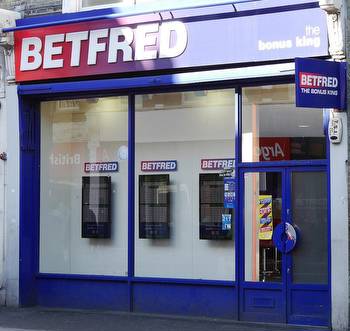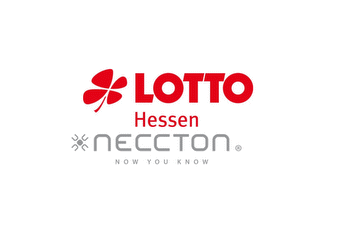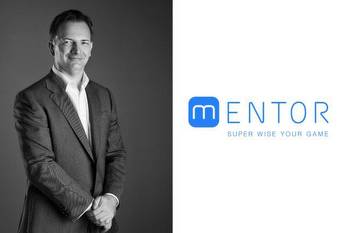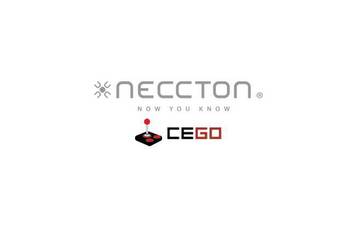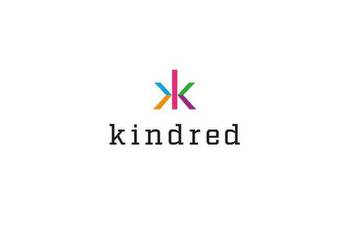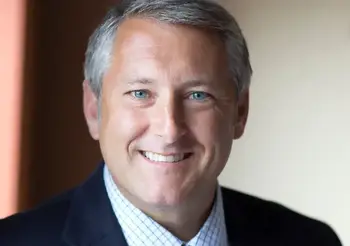The Halifax Company Helping Casinos Around The World Identify At-Risk Gamblers
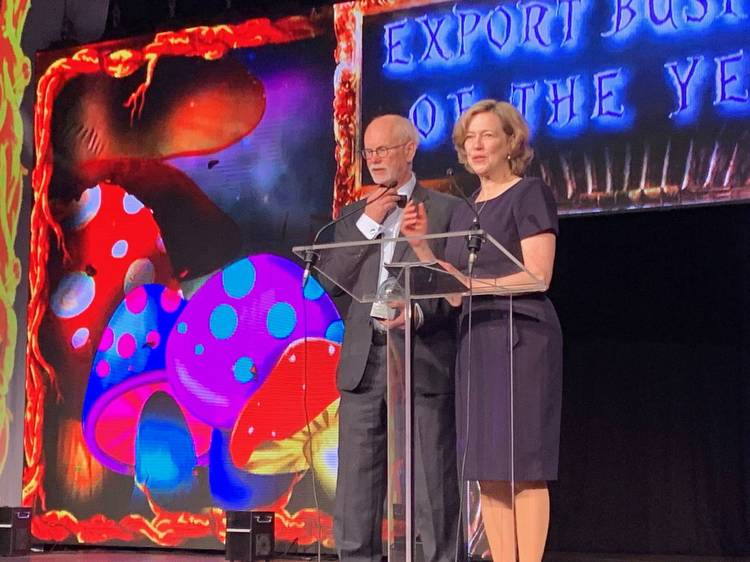
HALIFAX — Casinos around the world are facing increasing pressures from regulators and the public to help identify and help problem gamblers. Focal Research Consultants, a data analytics company from Halifax, is leading the way, using a software system that lets casinos know which clientele are exhibiting problematic playing patterns.
The company’s software is used in Casinos across the world. Focal’s CEO Tony Schellinck, along with president Tracy Schrans, recently spoke at an International Association of Gaming Regulators conference in Australia.
Focal’s software can identify risky gambling behaviour by tracking activity through a player’s loyalty card. Although this system has limitations in countries where loyalty programs aren’t as popular. That’s why the Focal aims to use data directly from slot machines in the future.
“When we started in Saskatchewan, only 30 percent of their players were using their loyalty system,” said Schellinck. “In order to make our system more effective, they promoted the use of the loyalty cards. After four years, 80 percent of their customers were using them.”
“But then you go to Britain, where we have almost the whole market there, and some of the casinos only have 20 percent of loyalty customers. We’re not reaching the other 80 percent. But reaching 20 percent is far better than just relying only on the red flag system.”
The red flag system is what casinos use when they don’t have algorithms and data to help identify problem gamblers. Staff walk the floor and simply look for obvious signs of distress among gamblers, or those who have been playing for long periods of time. The problem is it often identifies gamblers well into a battle with addiction.
“If someone’s at the machine crying or they’re kicking it, or they’re playing two machines at once; these are cues that are highly accurate in terms of identifying high-risk and problem gamblers,” says Schellinck.
“The problem with that approach is they’re past the stage where you can really do much to help them except exclude them. They’ve already jumped off the cliff and you’re the ambulance at the bottom of the cliff to take them to the hospital.”
The Focal CEO is quick to point out he never uses the term “addiction” when describing how the algorithms or software works. That’s because the system is set up to catch the problematic behaviour before a player is addicted.
Even though this safety system is reliant on computer technology, there is still a crucial human element that makes it all work. After the software identifies a problematic pattern with a player, it’s up to casino staff to make an interaction.
“You talk to them and maybe suggest a break and ask how they are doing,” explained Schellinck. “Sometimes that’s all it takes for someone to break down and cry and say, ‘God, I need help.’”
There are five levels of interaction, depending on the behaviour shown by the customer. Stage 5 is where it’s so severe that a gambler must be excluded from the casino.
Statistics suggest that Focal’s algorithms are effective at telling casinos who they need to interact with on the floor.
“One casino we talked to in Australia, they have 5,000 interactions a month with their customers,” said Schellinck “And we thought that was an amazingly large number until we went to Auckland and talked to another of our customers there, and they have over 40,000 interactions with their customers a month.”
Focal’s algorithms have been able to pinpoint invaluable data about problematic gambling. The company has created the “affordability index.” After surveying 10,304 gamblers, they’ve been able to identify those who are betting beyond their incomes.
“It identifies people who are spending beyond their means and experiencing up to 29 times as many harms as other regular gamblers. The people in Britain have all adopted our new algorithm to identify these people [based on regulations],” says Schellinck.
Focal Research is involved in 80 percent of the international casino industry. Ironically, they haven’t been able to do business in their own backyard. The company’s software is nowhere to be found in Casino Nova Scotia. Schellinck claims it has to do with CNS’s policies.
“A couple of years ago I was talking to them. They said they’re not allowed to go on the floor and bother people,” he said. “So, it’s impossible to help them that way.”
Huddle sent an email to Casino Nova Scotia, asking to confirm that policy but didn’t receive a response.
Focal may not have a presence in Halifax’s casino, but the company has been recognized by the city’s business community. Earlier this year, they took home the award for Export Business of The Year at the Chamber’s annual awards ceremony.
Derek Montague is a Huddle reporter in Halifax. Send him your feedback and story ideas: [email protected].
















